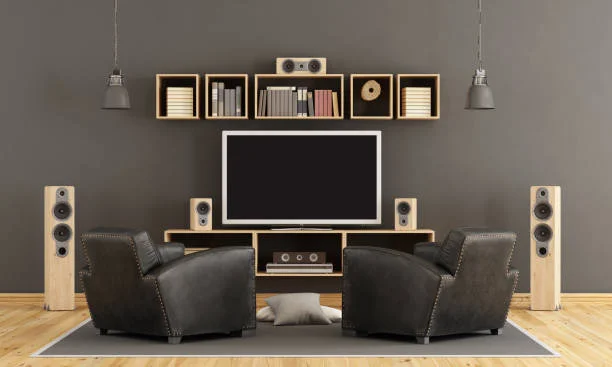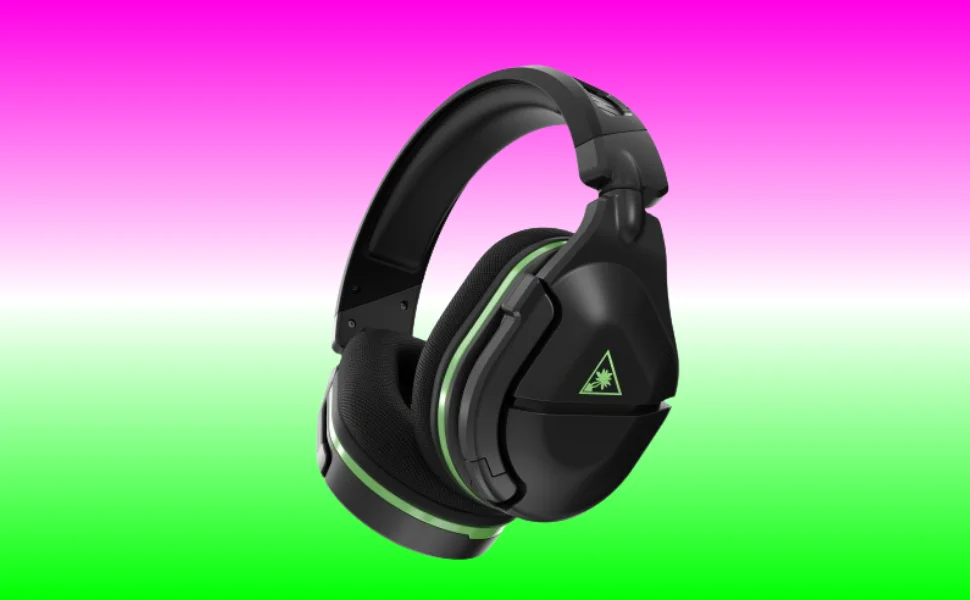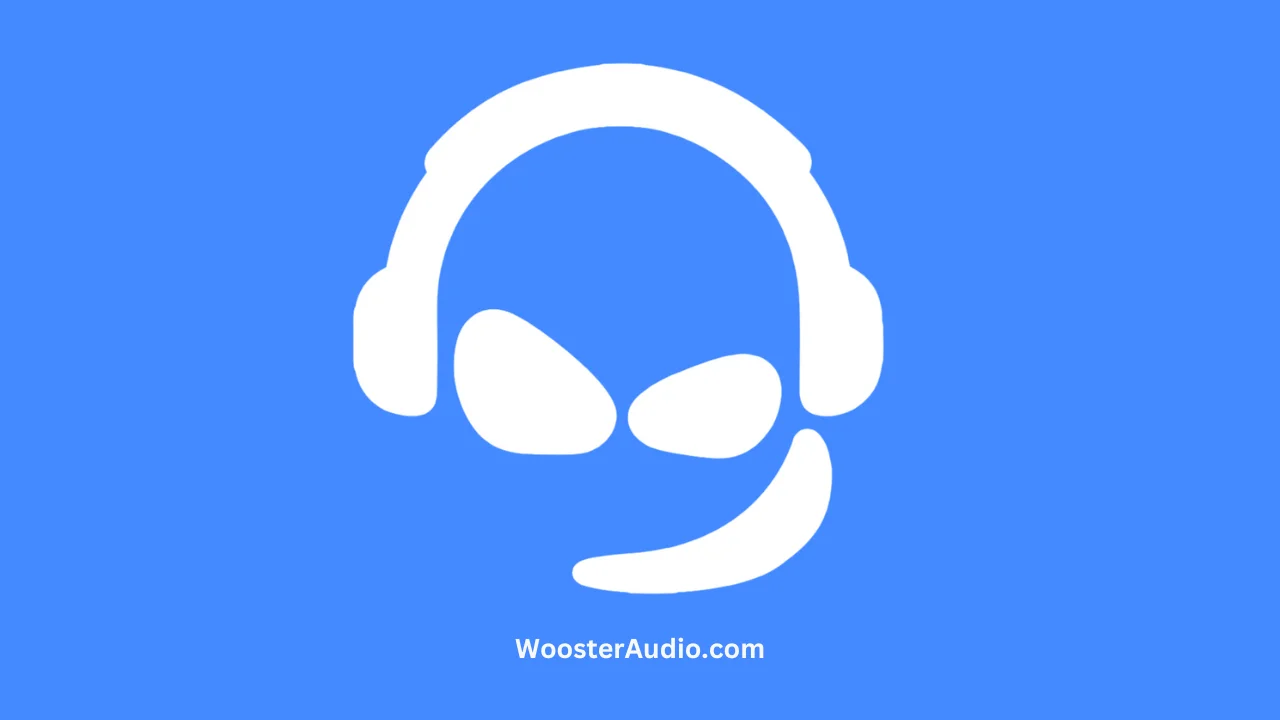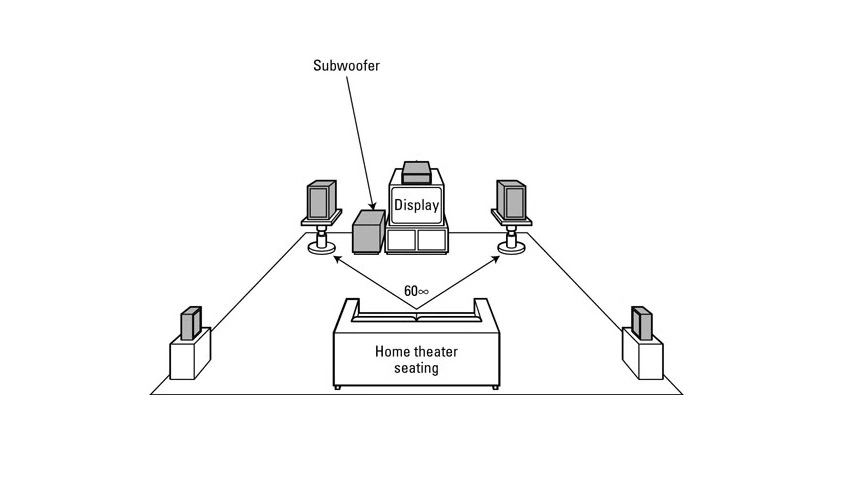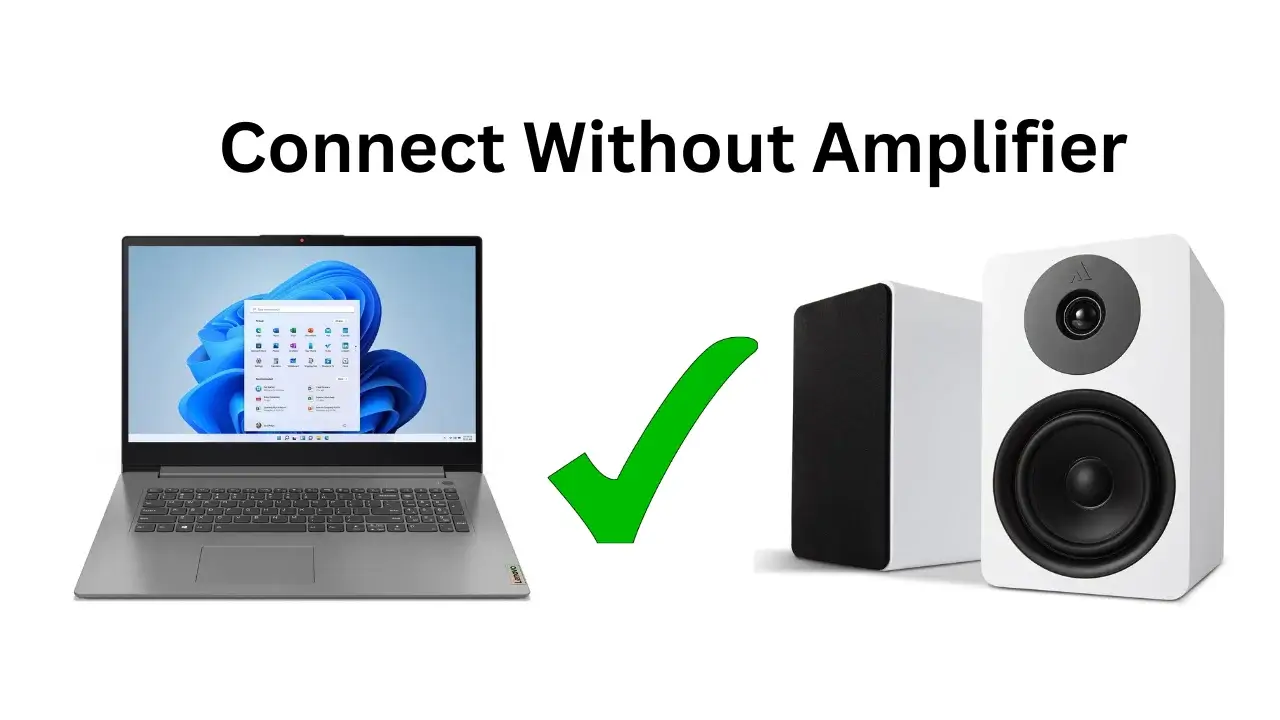So, you’ve just acquired a lustrous new pair of bookshelf speakers—outstanding. Whether you’re a seasoned audiophile or a beginner, properly setting up your speakers is crucial for the best sound in music, movies, and gaming. If you’re unsure how to arrange your speakers, read my complete article for step-by-step guidance.
Don’t worry—arranging bookshelf speakers doesn’t require an acoustics degree or an engineering background. It’s all about understanding a few basics and experimenting with what sounds best to your ears.
Tips for arranging your bookshelf speakers
For proper arrangement of your bookshelf speakers, keep these key points in mind.
Firstly, you need to make sure that your speakers are placed in a convenient area where they can be heard easily. Secondly, consider your speaker size and the space they’ll occupy on your shelf. Finally, make sure each speaker has enough room on its cable to move around freely.
How can you Position Bookshelf Speakers properly?
To get the most out of your bookcase speakers, follow these simple steps:
- Decide where you want them positioned, like Mount them on the wall or place bookshelf speakers on a stand.
- If mounting them on the wall, find a level spot with a good surface for drilling holes.
- If placed on a stand, ensure it is stable and has enough room for the speakers to fit inside. The best way to determine if it’s suitable is by listening to test tones from each speaker.
- Connect each speaker wire to an audio input on your stereo or TV.
- Turn on your stereo or TV and adjust the volume until you hear sound from both speakers simultaneously (or just one).
How do you place bookshelf speakers in a room?
Firstly, consider the size and shape of your room and the type of music you want to listen to. Secondly, it is essential to consider how you want the sound to be distributed. If you want the sound evenly distributed throughout the room, you will likely need bookshelf speakers placed directly on the wall. However, placing them closer to the corners or middle of the room can be better if you want more of a focal point for the music. Finally, ensuring that your bookshelf speakers have enough power and volume to fill a room with sound adequately is vital.
Are bookshelf speakers suitable for floor placement?
If you want to set up your bookshelf speakers on the floor, remember: Make sure the speakers are securely fastened to the shelf so they don’t move around. Be sure to leave enough space between the speakers and any furniture or walls so sound can travel freely.
Can you stack bookshelf speakers?
Yes, but be sure to use a speaker stand or mount to prevent them from leaning against each other and causing damage. Stacking bookshelf speakers is safe, but you should take a few precautions.
This will help keep the speakers stable and prevent them from leaning against each other, which could cause damage. Additionally, ensure the cables are routed neatly so they don’t get in the way of each other and cause interference. Lastly, ensure volumes on both speakers are matched as closely as possible for optimal sound quality.
Does it make sense to stack speakers?
Putting a speaker on top of another speaker can create some exciting sound effects. For instance, placing two speakers on top of each other, you can achieve a hollow sound similar to the sound similar to a struck drum skin. Additionally, if one speaker has a stronger bass response, situating it on top of a speaker with more treble emphasis can exaggerate this difference.
However, you also have to consider potential drawbacks. First, if the weight of a speaker shifts or someone bumps them, there’s a risk of both speakers falling and being damaged. Secondly, if one speaker overheats due to excessive use, it could potentially melt or ignite nearby objects.
I recommend that you only stack speakers of the same size and model to avoid audio issues or sound cancellation issues. Another recommendation is the use of isolation pads between both speakers, as this will help dampen vibrations and improve audio quality.
Should you put things on top of the bookshelf speakers?
No one knows why people put things on top of speakers, but the practice has become so common it’s almost a meme. The reasoning behind it is that something heavy will keep the speaker from falling or shaking and can act as a makeshift stand. There are a few potential problems with putting things on top of speakers:
- If the object is too heavy, the speaker could break.
- If the object is too large or bulky, it could obstruct airflow and distort the audio output.
- If something falls off the speaker (or gets thrown off by an excited child), it could damage or mess up your audio equipment.
What’s the Best Distance Between Bookshelf Speakers?
The ideal distance between bookshelf speakers depends on various factors. This includes the speaker specifications and room size. Consider 4 feet of minimum space between bookshelf speakers. Place them 6 to 8 feet apart to form an equilateral triangle with the listening position. This can offer better soundstage and imaging. However, experimentation and fine-tuning depending on your room’s acoustics and personal tastes is a basic requirement for excellent audio performance.
Conclusion
In conclusion, I will repeat a few points. For a perfect speaker position you have to place your speakers at 10 o’clock and 2 o’clock positions. My recommendation is to angle them toward your listening position. Also, the tweeters should be at ear level. For your speakers, the distance I will recommend you is at least 2–3 feet away from the nearest wall so the sound reflections will be minimized. You have to angle your speakers at a toe-in angle, and for the greatest sound and wider listening area, I will recommend you decrease the toe-in.
Thanks for reading!
More For Explore
- Learn Connect Harmon Kardon Speakers To Windows 10 Properly
- See More about connecting Bluetooth speakers to Xbox one
- Best Guide to Pair Skull Candy Sound Mine Speakers
- Learn To Build Subwoofer Box For Truck
- Learn To Reduce Background Noise In Blue Yetti Mic
